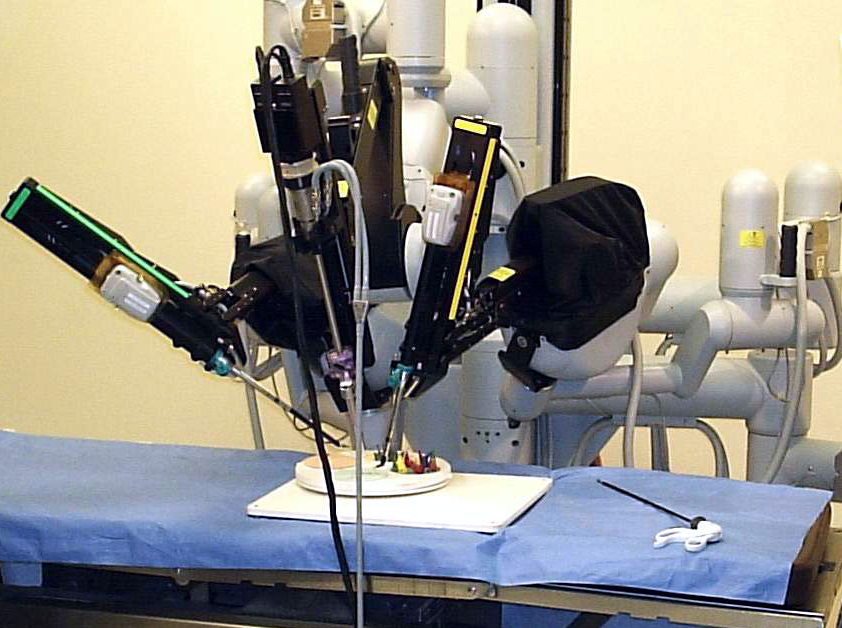
Professional neuro
Now I understand: when Tamila Ivanovna, our school art teacher, threw a chalk rag at a classmate (and hit her, by the way), her neurosis – an occupational disease of teachers – manifested itself. Everyone loved to “bring Tamila” – she quickly turned on, could tear the album, swing the pointer or burst into tears in the middle of the lesson. Only then there was an awkward silence in the classroom… During the summer vacations, the teacher recovered her health in the psychiatric ward of the city hospital, and in the fall she went back to work: there was simply no one to work in our small town. However, one day the principal still had to search for a new teacher, because Tamila Ivanovna was not discharged from the hospital for health reasons by the beginning of the school year…..
Among the set of resolutions of the Ministry of Health of Ukraine there is a document officially confirming the existence of occupational diseases. By the way, it also guarantees financial compensation to those affected “by profession”. Two occupational diseases are modestly listed opposite the column “teachers”: “diseases of vocal cords” (chronic laryngitis, loss of voice, etc.) and “neuroses”. Although, according to Ivan Parpaley, Doctor of Medical Sciences, Professor, Head of the Department of Occupational Diseases of the National Medical University named after A.A. Bogomolets, Honored Doctor of Ukraine, health problems acquired at lectures and classes, teachers have much more. You bet! After all, by the level of harmfulness of production, classes with children and students are not much different from the work of miners and workers of chemical plants.
Working with people, as opposed to communicating with silent and non-conflictive machinery, has always been considered the most stressful. And when there are 30 or so students in a class, all of them young and restless, constantly talking and turning their backs to the teacher, not knowing anything about history/philosophy/geometry, being late for the beginning of the lesson, cheating, spitting paper balls through a tube, looking at the teacher with obvious disdain – what kind of peace of mind can we talk about! According to statistics, 66.2% of a teacher’s working day is spent in a state of tension. Not surprisingly, 40% of teachers have neuroticism levels that exceed acceptable norms, and another 65.9% suffer from increased anxiety. “Nerves at the limit” provoke other professional diseases of the teaching staff: vascular diseases of the central nervous system, arterial hypertension, menstrual disorders and others. And sooner or later “production costs” affect almost everyone. The moment of their appearance depends on the type of the teacher’s nervous system. In an irascible and neurotic choleric, a stable neurosis and the resulting troubles will appear in a maximum of 5-7 years from the beginning of work at school. In a harmonious, balanced personality, the stock of psychological strength will delay the appearance of occupational diseases for 20-25 years.
It has been noticed that the profession of a teacher is most often chosen by individuals of a certain character. One of the categories is psychasthenics, who are meticulous, responsible and vulnerable. They are brilliant logicians and mathematicians, capable of sympathy and empathy. Alas, this psychotype is the first to have a nervous breakdown. In life, such people are inherent in the unconscious sacrificial position: to the detriment of themselves and family, they are late checking notebooks, dealing with lagging behind after school. In general, a lot of work, constantly needing to confirm their own need. As a result, all their illnesses arise from excessive zeal.
The second category – hysteroid personalities, who always strive to be in the open, to show off, to broadcast in front of the audience. These are real egocentrists who consider themselves the most intelligent, perfect, irresistible. As a rule, they love no one but themselves, not even their loved ones, much less their students. Deep down, they enjoy demonstrating to students their incompetence and calling them “fools”. They are less vulnerable to neurosis, but more susceptible to occupational deformation – changes in the psyche that result from their chosen profession.
Back to childhood
– A long record of work in a school or university sooner or later changes a person’s character,” says psychologist Olena Voznesenskaya, Ph.D., senior researcher at the Institute of Social and Political Psychology of the APN of Ukraine. – People who teach others day in and day out, eventually acquire an unshakable confidence in their own rightness and even a certain tone of voice. Of course, for students to believe the teacher, he or she must speak confidently, as if he or she were speaking the truth in the last instance, but the problem is that even beyond the threshold of the school – with family and friends – he or she is no longer able to speak differently. A teacher is distinguished by stereotypical behavior. Once he has done something successfully and fixed a positive result in his head, he continues to act according to the same pattern for many years. Flexibility and learnability are not his traits. Over time, the character of many teachers becomes edifying, dogmatic, unappealing, and conservative. Teachers with experience do not tolerate objections. Hence family problems arise. The children of teachers are usually very problematic. No wonder, because they have to swallow unquestionable truths from morning to night, without even realizing that freedom of choice exists in nature.
Some states in the United States have a law that says that a person with nine years of teaching experience is not allowed to be a witness in a court of law. Legal scholars are not unreasonably concerned that a schoolteacher cannot objectively assess the situation.
Another observation is that language teachers have a tendency to repetition and an involuntary, painful reaction to mistakes over the years. When speaking with friends, they are eager to correct the interlocutor, as they do not feel the difference between an audience of students and a group of buddies.
Moreover, after a certain number of years working in a school, teachers’ perception of the world is distorted towards childishness. The society of adults in the depths of a teacher’s soul causes trepidation, because they, unlike children who obey without question, can answer, object, ridicule. They feel much more comfortable in the company of schoolchildren.
What’s good for an educator
It is important to plan your work schedule properly, alternate between rest and workload. No extracurricular activities and extracurriculars after the working day – overwork can lead to a nervous breakdown. Since teachers have a long summer vacation, they just have to have an active rest (preferably twice a year), preferably not at home in the kitchen, but in travel. The sea, hydroprocedures, climate and ozone therapy will help restore the resources of the nervous system. If it is not possible to leave, you should visit the swimming pool, drink choleretic or soothing teas, take a course of vitamin prophylaxis.
To strengthen the vocal cords, improve performance and keep calm, you can take courses of suitable preparations based on amino acids, plant components. And to resist neuroses, it is recommended to communicate more often and share your thoughts with other adults, at least with colleagues, check your perception of reality with the opinion of others. Of course, you should regularly improve your qualifications and personal growth at seminars, trainings, round tables.
Another professional annoyance for teachers is foot problems. They have to stand in front of the audience for a long and tense period of time, being visible at all times, and move in a somewhat unnatural, unfree manner. This is why it is useful for teachers to attend dances, preferably dances that encourage elements of spontaneity rather than strictly regulated movements.
Shutterstock/FOTODOM UKRAINE photos were used



